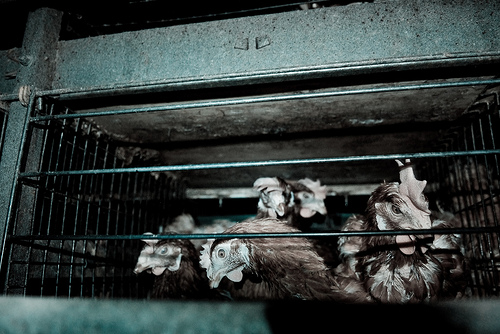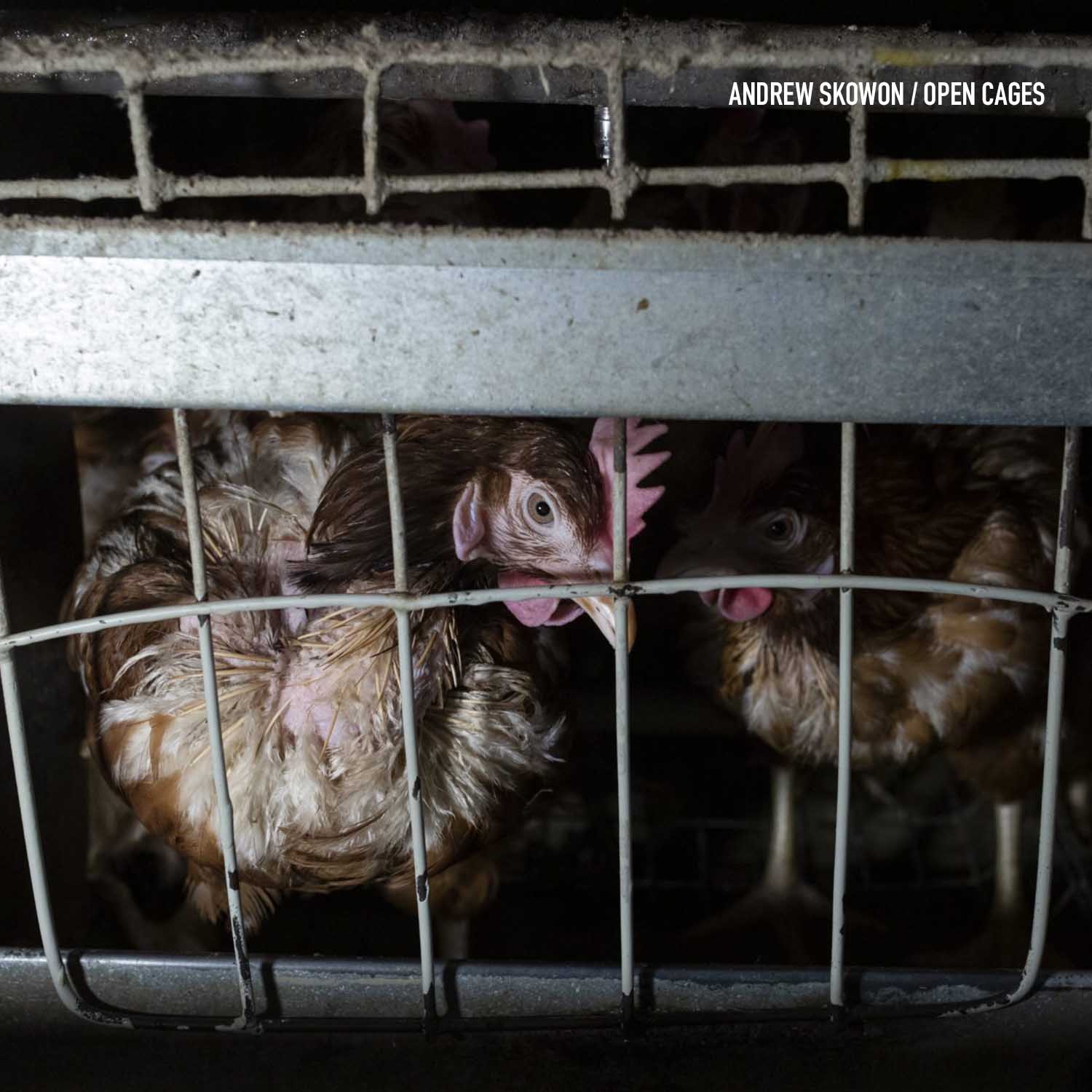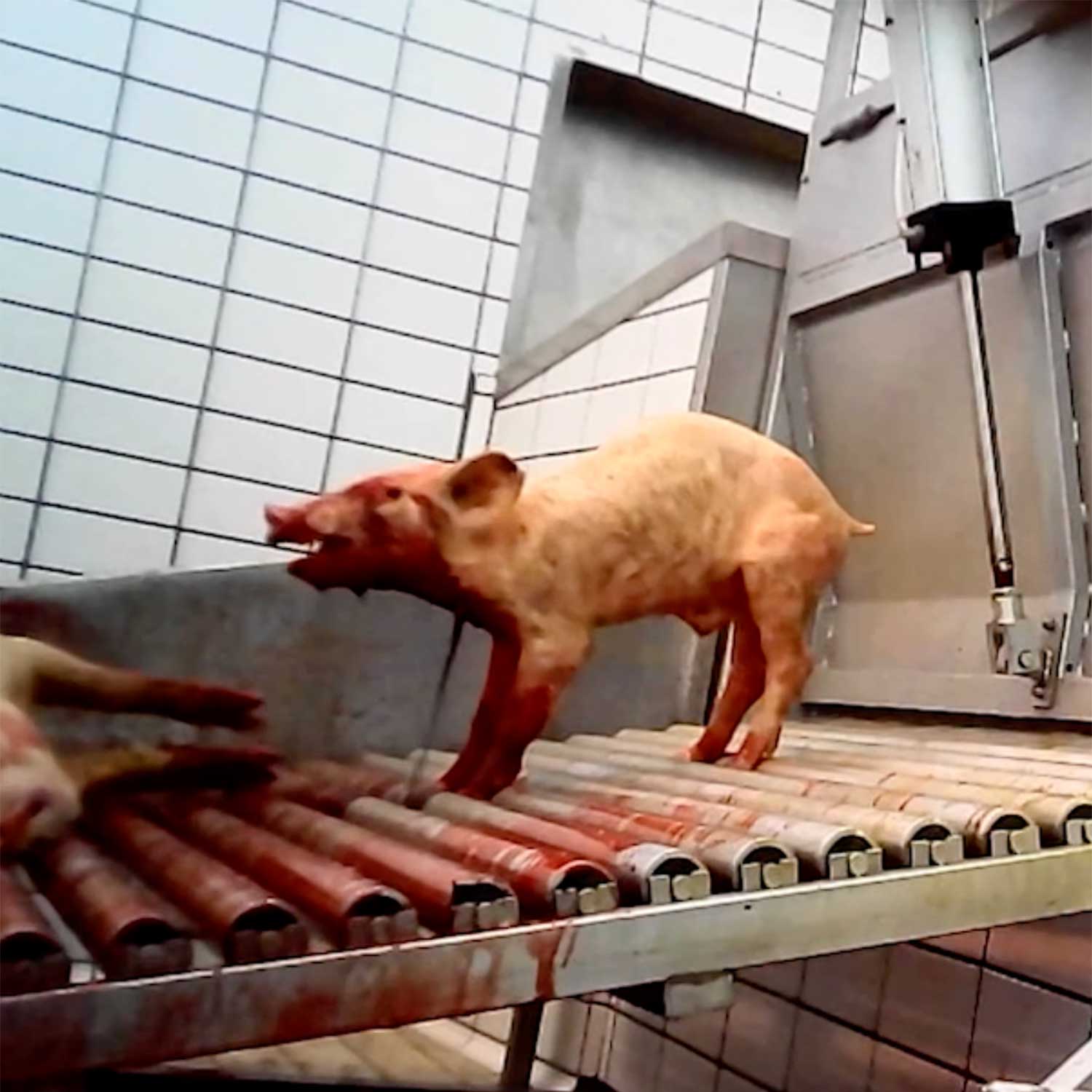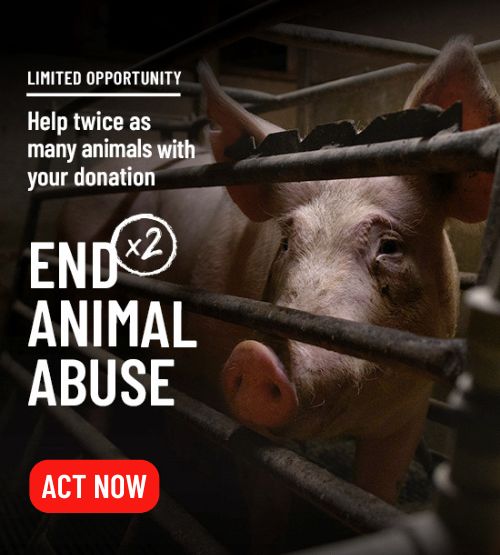Cruelty to Farmed animals Demands Exposure

That, though, has helped make them effective tools in the fight against the illegal and cruel treatment of farmed animals. It’s alarming that a number of states have bowed to pressure from agribusiness and enacted laws to criminalize this useful undercover work. Other states that are considering following suit should think twice about whether the best way to deal with the important issues of how animals are treated and the food is produced is to keep U.S. consumers in the dark. Six states in the West and Midwest have enacted legislation cracking down on the undercover videotaping of animal facilities that have been the foundation of investigations by organizations including the Humane Society of the United States and Mercy for Animals. So-called ag-gag bills are pending in six other states, including Pennsylvania and North Carolina. Some of the measures, the New York Times reported, would make it illegal to secretly videotape farms, livestock ranches, slaughterhouses and other food production facilities or to apply for a job at one of them without reporting an affiliation with an animal rights group. Others, such as one the Tennessee legislature passed this month, demand that any video that chronicles possible illegal activity be handed almost immediately to law enforcement authorities, a seemingly innocuous requirement that would have the effect of preventing meaningful investigations documenting patterns of abuse. Defenders of the legislation say the videos cast farms and other livestock concerns in a bad light and have caused financial suffering. They say activists use the footage to raise funds and advance their cause of getting people to stop eating meat. Those are weak justifications for extreme legislation that inhibits the rights of employees, denies vital assistance to law enforcement and tramples First Amendment rights. Sufficient laws exist to protect property from trespass. Animal investigations have proved their value. In 2007 the Humane Society documented unsafe practices at a California slaughterhouse that resulted in the largest recall of beef in U.S. history and a new federal policy to prevent downer cows (cows that cannot stand on their own), at risk for mad cow disease, from entering the food supply. If not for video footage, prosecutors in Tennessee would not have been able to take action against workers using illegal methods to improve the gait of walking horses. The same is true for authorities in North Carolina, who charged workers at a turkey farm with abuse and neglect of animals. Society demands a level of openness, and America has a proud tradition of people doing good by showing what’s wrong. As you next cut into a steak or crack an egg, ask yourself why an industry that claims it has nothing to hide demands protections afforded to no other.







